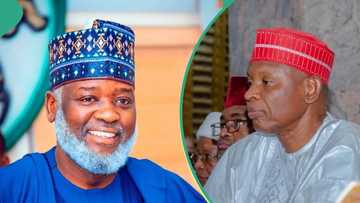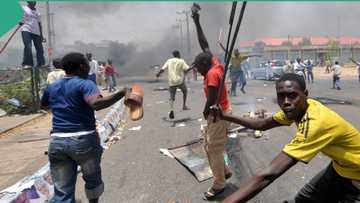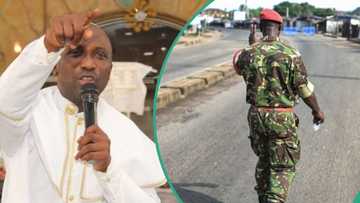Why ECOWAS Must Relax Sanction Against Niger Republic
- The northern part of Nigeria has begun to bear the brunt of the sanctions placed on the Republic of Niger since the military takeover
- A relaxation of the sanctions has also begun to be a topic of discussion amongst regional politicians in ECOWAS
- Similarly, a security expert and an economist told Legit.ng that it is high time the leadership of ECOWAS relaxed these sanctions as it has failed to achieve its primary aim
Legit.ng journalist Segun Adeyemi has over 9 years of experience covering political events, civil societies, courts, and metro
FCT, Abuja - The leadership of ECOWAS has once again been urged to relax its strict sanctions against the Republic of Niger.
Recall that in July, President Mohamed Bazoum was toppled out of power by the military in a coup led by General Abdourahamane Tchiani, the commander of the presidential guard.
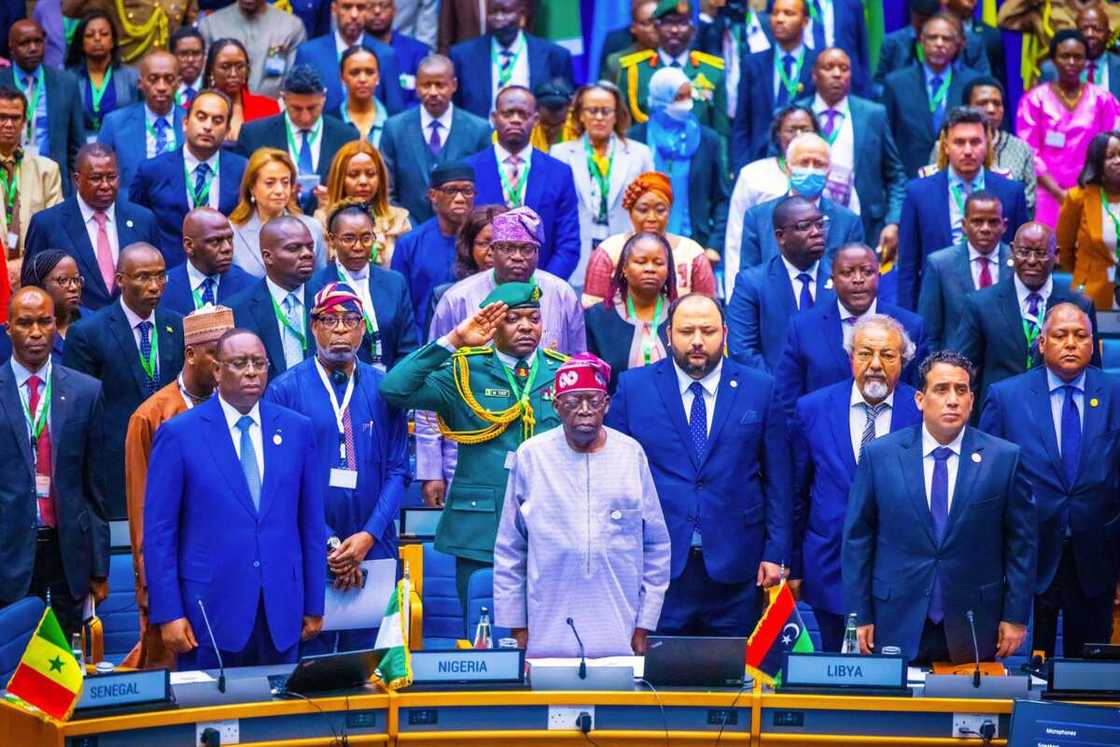
Source: Twitter
This development led to a change in government and the mass reshuffling of government officials in Niger.
Following these events, ECOWAS presented a deadline on July 30th, instructing the coup leaders in Niger to restore Bazoum within one week.
The ultimatum included the possibility of international sanctions and the use of force.
On August 6th, when the ultimatum deadline passed, there was no immediate military action.
Nevertheless, on August 10th, ECOWAS proceeded to deploy its standby force.
Most recently, Legit.ng reported that some lawmakers at the ECOWAS Parliament led by Nigerian Senator Ali Ndume urged ECOWAS President Bola Ahmed Tinubu to lift the ban.
Ndume said:
“Children and women have been exposed to untold hardship. No meaningful progress has been made in resolving this issue.
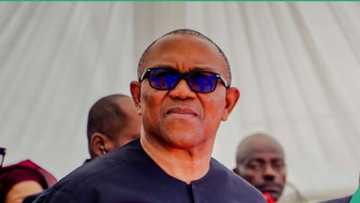
Read also
"Abodes of the aged and incapacitated": Peter Obi speaks out against Lagos demolition, others
“We are appealing to ECOWAS states to lift the sanction and open the closed border between Niger and Nigeria because it is the poor that are suffering. Let me say this is a collective decision by concerned citizens.”
Sanction on Niger failed to achieve primary objective - Dr Sani
Reiterating the position of Senator Ndume, security expert and public affairs analyst Dr Abubakar Sani said the sanction has failed to achieve its aim; thus, it should be relaxed.
In a brief chat with Legit.ng, Dr Sani said:
“Left to me, these sanctions should be relaxed because it has not achieved its primary objective, which is, restoring Mohammed Bazzoum to power.
“Instead, the sanctions have created untold hardship for innocent citizens of Niger who decided to show solidarity with the military junta.
“The sanctions should be lifted, and things like negotiation should be pursued."
Why Niger sanction must be relaxed - Economist to ECOWAS
Similarly, renowned economist Paul Alaje urged President Tinubu to have a review of what is happening in the Republic of Niger.
He urged that diplomacy be adopted despite President Tinubu's move to discourage the spiral spread of military takeover in West Africa.
Alaje said:
"I understand that as a democrat, the President would stand his ground on why the entire West Africa must discourage military intervention.
"But at the same time, we must understand that the northern part of Nigeria has linked with Niger Republic for a long time. So while we're trying to rescue the baby, we should not throw the baby away with the bath water. Because the child itself is very important to us."
He stated that the continued ban on the Republic of Niger may be counter-productive for both nations, especially for northern Nigerians whose businesses thrive from the economic relations with the country.
Alaje said:
"As I talk to you, one of the places padi rice comes from is the Niger Republic, and this has implications on why we are having scarcity of rice even though that is not the only reason, but it's one of the contributors."
Currently, there is no agreement in place between ECOWAS and Niger, and the military juntas in Burkina Faso and Mali have declared their intention to deploy troops to support the junta in the event of a military intervention.
Additionally, they are in the process of establishing a mutual defence pact.
ECOWAS: Why 35% affirmative action for women is stalling, Lawmaker reveals
In another report, patriarchy and religion have been blamed for the non-implementation of affirmative action for women in Nigeria, Ghana and other West African nations.
Ghanaian lawmaker Hon. Emmanuel Kwasi Bedzrah stated this on Thursday, November 23.
He told Legit.ng that the African setting makes it difficult for women to have their rightful place in governance.
PAY ATTENTION: Donate to Legit Charity on Patreon. Your support matters!
Source: Legit.ng

Segun Adeyemi (Current Affairs and Politics Editor) Segun Adeyemi is a journalist with over 9 years of experience as an active field reporter, editor, and editorial manager. He has had stints with Daily Trust newspaper, Daily Nigerian, and News Digest. He currently works as an editor for Legit.ng's current affairs and politics desk. He holds a degree in Mass Communication (Adekunle Ajasin University). He is a certified digital reporter by Reuters, AFP and the co-convener of the annual campus journalism awards. Email: segun.adeyemi@corp.legit.ng.

Dr Abubakar Sani (Public affairs and security analyst) Dr Abubakar Sani is a public affairs and security analyst. He is an SSA to former Army Chief, T.Y Buratai. He is a Certified Anti-Terrorism Specialist (CAS) and a researcher of international repute.


